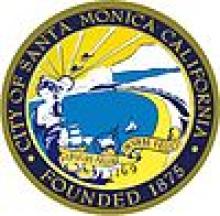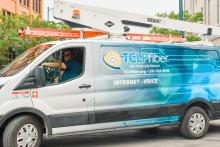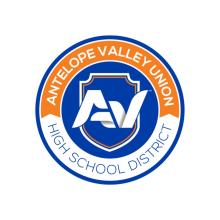By
on

We have frequently encouraged communities to learn more about Santa Monica's approach to incrementally building a publicly owned fiber-optic broadband network, which has just received another award. The Ash Center at Harvard's Kennedy School selected Santa Monica as one of their top 25 Innovations in Government.
The program was selected for this award in the economic development category for the network's effectiveness in attracting technology companies to the city and supporting existing Santa Monica businesses with a leading edge broadband infrastructure, city officials said. Santa Monica City Net's model is being replicated by the cities of Burbank and Long Beach, and is in review by Chicago and Calgary.As we explained in Breaking the Broadband Monopoly, Santa Monica started with an I-Net on which they could not run commercial traffic and slowly built their own network that had no conditions on how it was used. In the past, this network has received the "Significant Achievement Award" from the Public Technology Institute (PTI). This press release recaps some details from their network:
The City created a telecommunications master plan and built a fiber optic network that connected 59 buildings used by the City, Santa Monica-Malibu Unified School District, and Santa Monica College. Savings realized by this project enabled the City to construct its own municipal fiber optic network, Santa Monica City Net, to support traffic cameras, security cameras, real-time parking advisory systems, a traffic signal synchronization system, and real-time mass transit signs. The City also leases dark fiber and lit services to local businesses for affordable broadband. The results of Santa Monica's advanced broadband initiative are a reduction in construction costs of new broadband service, an increase in purchasing power of connected local businesses, and a broadband market expansion for global Internet Service Providers that now offer service to small, medium and large commercial buildings. The program also supports an environment for local businesses to compete in the global economy with cutting edge network solutions. The PTI is a national non-profit technology research and development organization based in Washington, DC, representing local governments. The PTI Technology Solutions Awards is a national program recognizing local governments that use technology to increase revenues, improve service to their community, save tax dollars, or improve management.
Geoterm







